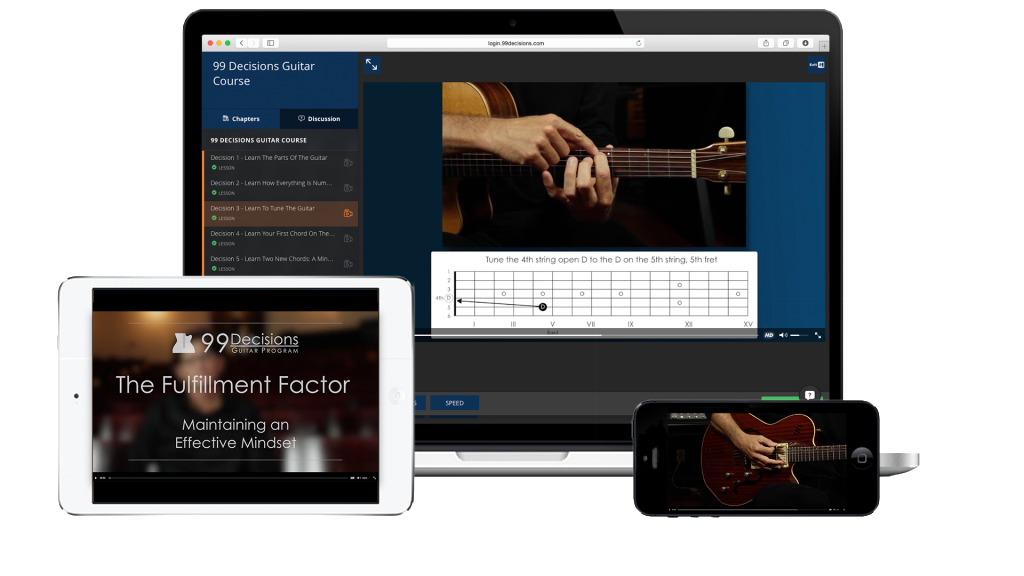Every good business does a thorough inventory on a regular basis. They have to know how much of the product they have on the shelves & in the warehouse in order to run the business in a productive manner.
You, as a well-rounded guitarist, want to do the same in order to assess your own assets when it comes to your guitar playing. In this case, think of your inventory as musical skill sets, of which you always want to know what you have… & what you don’t.
Most musicians possess stratified skill sets, meaning that they are highly skill in one area, not so skilled in another, and everything in between. It greatly helps your musical development if you have an elevated awareness of your own abilities. This ensures consistent & thorough progress on your path of musical growth.
There is much benefit to gain with some good ol’ fashioned skill assessment. Of course, all this is based on a clear idea of what your goals for your playing are, so start here- What Kind of Guitarist Do You Want to Be?
Here are some specific categories of skill sets for guitar:
• technique
• scale vocabulary
• chord vocabulary
• music theory
• repertoire
• improvisation
Take some quality time & look at where you are at with your own skill level in each area. Write this out in an organized way. There is no real universal standard here so you won’t necessarily be ranking yourself from 1 to 10, although I suppose you could. At first, just make general statements about what you know for a specific area and/or about what your technical level is.
For instance, you could say…
“I understand basic music theory but not how chords are constructed.”
or
“I know most of this song but not the bridge.”
or
“I am strong in improvising over single key centers but not over changing key centers.”
You could do a literal inventory of your chord vocabulary by taking sheets of chord diagrams & writing down every single chord you know.
(And for or your convenience in doing so, I present to you: Blank Chord Diagram Sheet)
And you could make a list of all the scale types you know, for example:
1. The Major Scale
2. Minor Pentatonic
3. Major Pentatonic
4. Blues Scale
5. Aeolian Mode
Be specific when possible… maybe you know your Minor Pentatonic scales, but you are a little tentative with one or two of the patterns.
Remember to make this a list of what you know as well as what you don’t know.
And, don’t make this a shame list of what you “should know.” That would be counter-productive.
You can do all of this once a month, or once a week even. This kind of work helps your brain take an objective look at you own musicianship skills so that you can make effective decisions on how to structure your practice sessions. And then, obviously, spend more time on the areas that need it.
It is also important to do an inventory of your personal curriculum… i.e. What things you are currently practicing on right now. I’ve noticed that lots of students will let practice materials pile up & result in a nebulous sense of what they’re are working on. Go through everything & take stock of everything that you have and create a table of contents for your entire curriculum. Keep this with your folder (you do have a practice folder, right?) and refer to it constantly.
So all of this is all an excellent straight-forward way to gain clarity of what you know & what you are working on in any specific area. As always, the more awareness of one’s own situation, the better decisions one can make for their own personal musical growth.
So go forth & know what you know!



Leave A Response